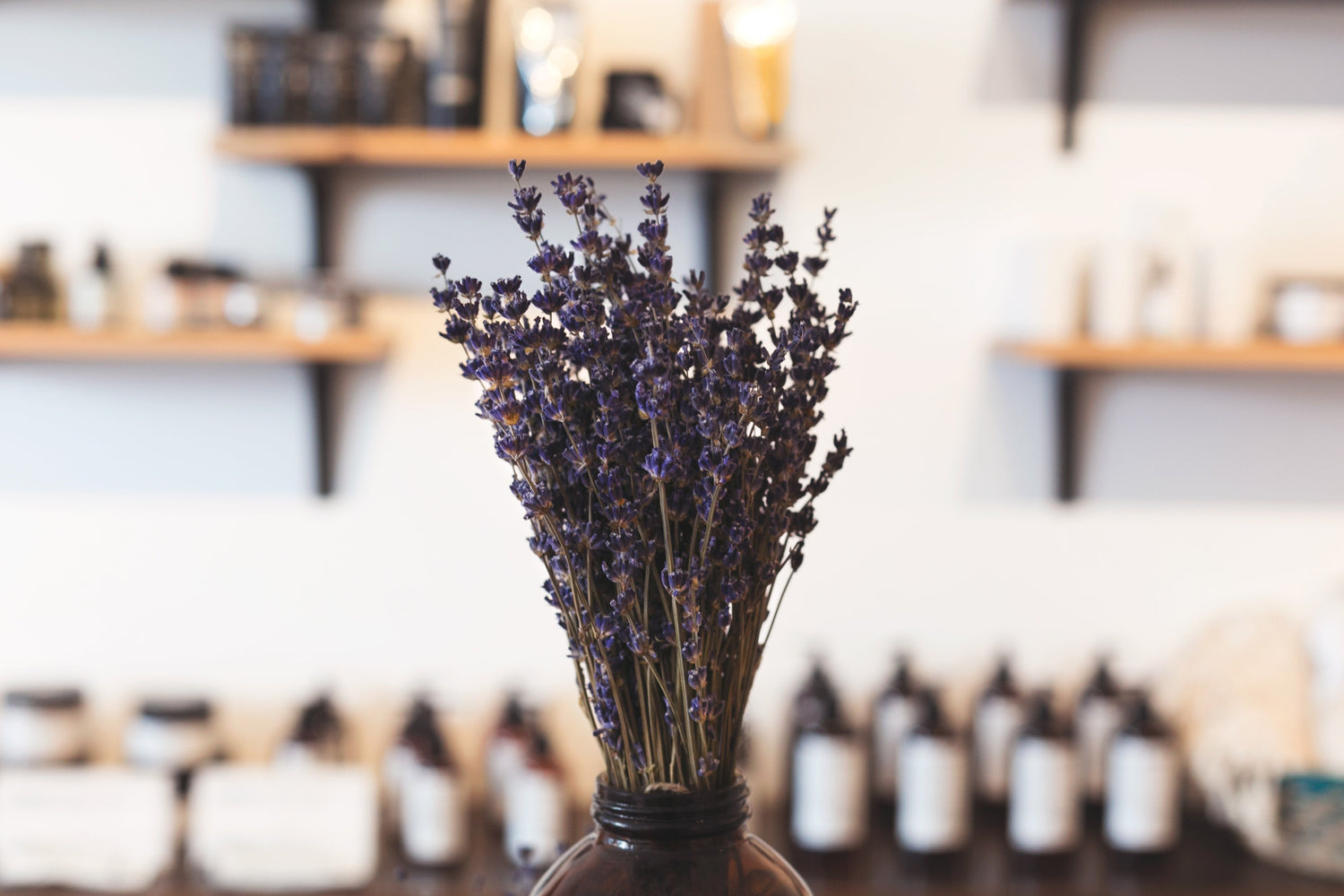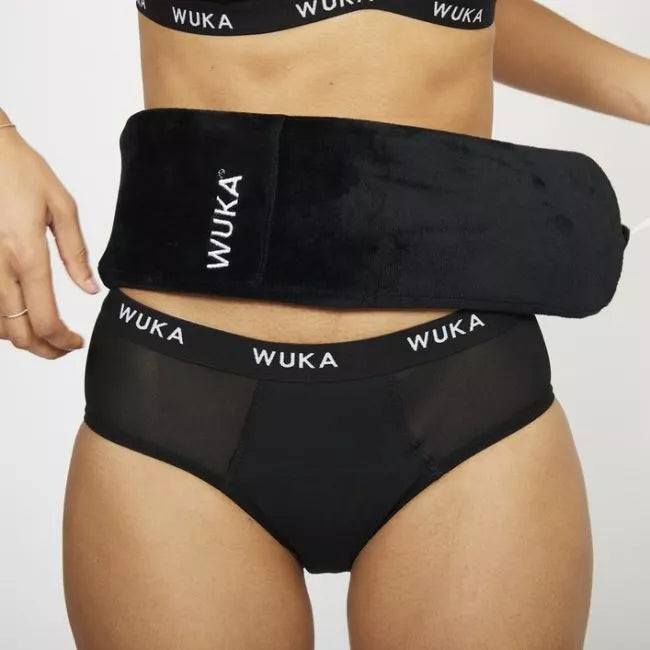We were recently asked whether the period pants we sell at Anniepooh are treated with silver.
The short answer is "no". If that's all you want to know, you can skip the rest! The period pants we sell are entirely silver-free. This is clearly stated by WUKA themselves, and was confirmed by Which?'s testing as part of their investigation.
But I also want to talk more about why this is a concern, and how much of a concern it is.
In November 2023, the UK consumer website Which? published the results of an investigation they'd conducted. Which? is a very reputable organisation, and I'm pleased that this investigation happened and that the results of it were published widely.
The result of the investigation was that many period pants manufacturers treat their period pants with silver (in various forms), which has anti-microbial properties. If you're concerned about smell, anti-microbial period pants do sound like they make sense - right up until you remember that anti-microbial treatments do not distinguish between "good and bad" bacteria, and period pants tend to live very near the vulva and vagina which have a delicate microbial balance. Also, many of these treatments are toxic to aquatic life, and so when you wash your period pants, or - ultimately - dispose of them, there's a risk that these treatments make their way into our oceans. So, nice thought, but you can see why this isn't ideal.
I feel the need to stop here and contextualise this however. In case this discussion is making you think twice about making a switch to period pants, please read this excellent editorial in the International Journal of Gynaecology and Obstetrics about the harm caused globally by disposable menstrual products, which can be up to 90% plastic.
Reduce, reuse, recycle is a hierarchical message. Reducing consumption is the very best of these. Reusing what we consume is next best, and this is where reusable menstrual products exist. Recycling is less effective again in our journey towards sustainability than the first two, and typically not possible with menstrual products.
It is important that we do not ignore potential toxins in products marketed as sustainable, but it is equally important that we address these concerns within the context of a world where the default for so many is primarily plastic, overly packaged, disposable period pads and tampons.
This 2022 review of studies into harmful chemicals in (mostly disposable) menstrual products concludes that we don't even have reliable models to determine how much gets absorbed from these products into our bodies through contact with our vulvas and vaginas. Many of the chemicals detected are not intentionally added, but are remnants of the manufacturing process. While single use plastics can seem very clean (bleach will do that), that doesn't mean they're at all kind to our bodies, or to our planet.
The best we can all do is to make better choices, and I'm glad you are on this journey with us. Please keep asking us questions - we're here to help!
















